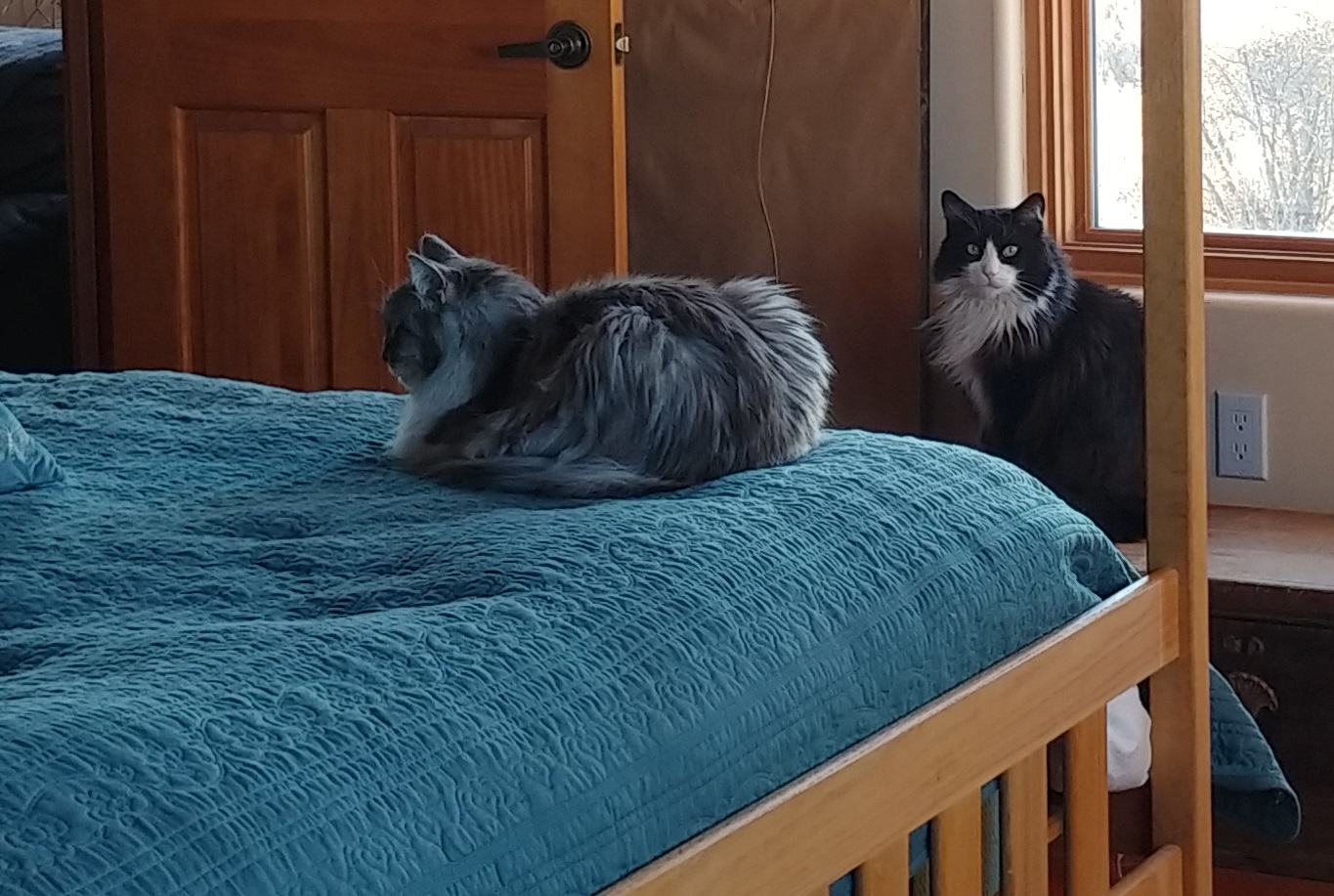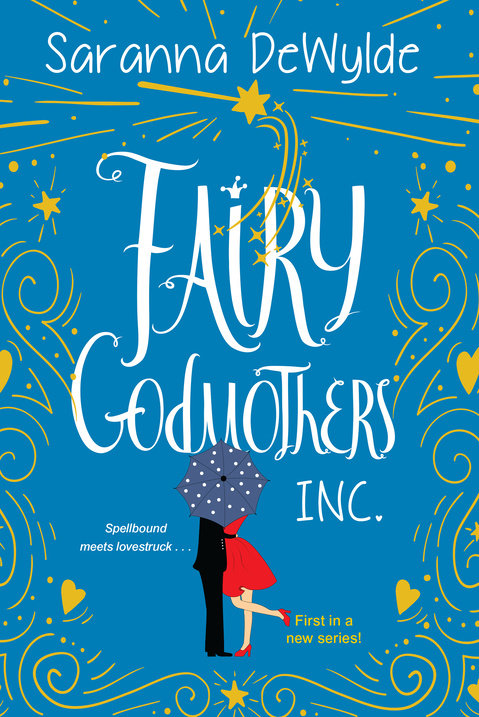

RITA ® Award-Winning Author of Fantasy Romance














Remember how I teased this image from THE GOLDEN GRYPHON AND THE BEAR PRINCE cover the other day?? Well the full cover is being revealed at Fresh Fiction right now! Hie thee on over to see it in all its considerable glory. Then come back here and read a special preview of the Prologue below. Subscribers to my newsletter will get a special deleted chapter in tomorrow’s issue, and you can still sign up now!
This is the first book in a brand new fantasy romance series, Heirs of Magic, and I’m thrilled to see it launching!
You can preorder for the January 25, 2021 release at the usual suspects, including my website store. (Print will be available in another week or two!)
~ Prologue ~
“Astar—watch this!” Zephyr’s musical shout rang out from the cliff’s edge high above. Shading his eyes against the bright, tropical sun, Astar picked out Zephyr’s slim silhouette perched on tiptoe, precariously clinging to a rock outcropping. Her light silken shift fluttered around her as she raised her arms, the coastal breeze catching the long banner of her glossy black hair. He tried very hard not to notice how the thin material clung to her full breasts and the enticing flare of her hips. A gentleman didn’t stare at women that way, especially not at his friends—and particularly not at Zephyr, who could never be his.
But Astar dutifully looked in her direction and waved, knowing perfectly well she wouldn’t perform whatever trick she had planned until he was watching. Assured she had his attention, she leapt into the air in a perfect swan dive, plummeting to the glittering sea below—a drop far too great for any ordinary human to survive.
Zephyr, however, was anything but ordinary.
Still, his heart climbed into his throat as he counted the endless moments of her fall, mentally begging her to shapeshift already. An instant before she hit the water, she exploded into golden fur and feathers, her wings tightly folded against her back, lion’s body still sleekly aimed toward the waves—and she dove in, disappearing entirely.
Starting his count over, he waited for her to surface. Though she was still in her mid-teens, Zephyr was already talented and proficient enough to shift into any number of water-breathing forms. She could shapeshift into a fish and stay below the surface for hours—days, even, if it wasn’t inadvisable for the Tala shapeshifters to remain in animal form too long—and she might do exactly that, just to tease him.
Zephyr loved to tease him, and Astar did his best to pretend he wasn’t enthralled by her.
Stretching out on the white sand beach, resting his head on folded arms and enjoying Annfwn’s warm sunshine and cloudless soft blue skies, Astar tried to relax. Though he was supposed to be done growing, his joints still occasionally ached and his mother had declared he had another finger width or two of height left in him. Like he needed to get any taller. Despite the aches and the worrying about Zephyr he couldn’t easily dismiss, he did his best to savor his last day in Annfwn. Tomorrow he’d be back at wintry Castle Ordnung, continuing under High Queen Ursula’s relentless tutelage. As her heir, he would follow in her footsteps and ascend to the high throne of the Thirteen Kingdoms someday. A crushing thought, for so many reasons.
Unable to resist checking on Zephyr, he turned his head to study the turquoise water. What if she had misjudged? The eagle parts of her gryphon form—the gríobhth, in the Tala language—might be equipped for a dive like that, but he didn’t think the lion half would be. Scowling to himself, he sat up. Should he get someone to look for her? He didn’t have an aquatic form, as he was only a partblood shapeshifter, one who only had First Form, and his was a grizzly bear. He could swim well enough as the bear, but not dive underwater for any length of time.
And Zephyr knew that, much as she liked to taunt him about trying for more forms. A frustrated growl rose in him, the bear restless and worried, pushing to be released.
Astar was just getting to his feet when a porpoise burst from the waves, becoming a songbird in mid-leap, and winging to him to become Zephyr in human form—standing before him on the sand, once again in her ocean-blue silk shift, her hair tumbling in gleaming curls, sapphire eyes sparkling as she laughed at him.
Poking him in the chest with a pointed finger, she wrinkled her nose. “I gave up too soon! You were about to come rescue me, weren’t you?”
“Like you needed rescuing,” he growled at her.
Undaunted, she gentled her skewering finger to slide down his midline. “I always need rescuing by you, my bear,” she purred. “And you were coming after me.”
He brushed her finger away—letting Zephyr touch him tested his control too far—and pretended to yawn.
“Nope. I was bored while you were playing fish. I was about to head back to the cliff city.”
“Liar. You could never abandon a damsel in distress. You’re far too noble for that.”
“You were hardly in distress,” he reminded her, which wasn’t a lie, even if he had worried.
“Come swim with me,” she wheedled, taking his hand and tugging him toward the water. “Try for a fish form. Just once. For me.” She batted the lush fringe of her black lashes, pushing her crimson lips into an enticing pout.
He managed to extract his hand from her grip, his fingers burning with the desire to touch her more and more and more. “You know I can’t.”
Punching her fists on her hips, she stood in the ankle-deep surf, eyes flashing with impatience. “You could do more forms when you were a boy. That means you still can.”
“That’s not true,” he countered, packing up their picnic things. They’d have a bit of a walk back to the cliff city and people would be waiting for him. Ursula had drilled into him the importance of being on time. “You know that many Tala explore forms they never take again. I’m happy with my grizzly bear. That’s more than most people in the world have.”
“What are you doing?” she asked, frowning at his actions. “It can’t be time to go back yet.”
“I have to meet with King Rayfe and Queen Andromeda,” he reminded her. “Duty calls,” he added with what he hoped was a charming grin—though it did nothing to alleviate her annoyance.
“Astar, this is your last day in Annfwn. You promised me a picnic.”
He held up the empty basket in demonstration. “And picnic we did. You can stay and play, but I have responsibilities.”
She swooped up to him, too fast for him to dodge, and set her palms flat on his bare chest, her sapphire eyes glittering with irritation. “You always have responsibilities.”
It was true. Being heir demanded a great deal—and Astar lived in dread of not being up to the job, of disappointing all the people who believed in him. something the enviably carefree Zephyr could never understand. Her nails scratched lightly over his skin and her scent, like tropical flowers blooming in high mountain air, made him want to wrap his arms around her and inhale all she offered. Something else his duties kept him from indulging in.
“Stay and play with me,” she purred invitingly, palms flattening to caress his chest, answering desire thrumming through him. “Just a little longer. You can have all the boring meetings you like… later.”
With a groan, he wrenched himself from her alluring touch, covering it with a laugh. “I can’t,” he told her with determination, sweeping up the last of his things and turning his back firmly to her.
“You mean you won’t,” she called after him, frustration ripe in her voice.
That was also true. Zephyr could never be his, and he could never be hers. As heir to the high throne, he’d have to make a marriage of state with whoever they picked for him—and Her Majesty would never choose a half-wild Tala girl with a First Form most people thought existed only in myth. Far better never to start an affair that would only break him when it ended.
Zephyr, of course, would be fine. She always was, brighter and better than life itself.
“You can run from me, Astar, but I swear that one day I’ll get you to break your stupid rules!” she yelled.
He lifted a hand in farewell, in acknowledgment. If he let Zephyr get him alone again, she’d no doubt wear him down. So he’d have to make sure she didn’t get the opportunity.
“Mark my words,” her taunting voice carried on the ocean breeze. “You will be mine! You already are, you just don’t know it yet.”
The problem was, he knew that all too well. And it didn’t change anything.

Follows The Long Night of the Crystalline Moon in the UNDER A WINTER SKY fantasy holiday anthology.
A Legacy of Honor
Crown Prince Astar has only ever wanted to do the right thing: be a credit to his late-father’s legacy, live up to his duties as heir to the High Throne of the Thirteen Kingdoms, and cleave to the principles of honor and integrity that give his life structure–and that contain the ferocious grizzly bear inside. Nowhere in those guiding principles is there room for the fierce-hearted, wildly free-spirited, and dizzyingly beautiful shapeshifter, Zephyr. Still, even though they’ve been friends most of their lives, Astar is able to keep Zephyr safely at arm’s length. He’s already received a list of potential princess brides who will make a suitable queen, and Zephyr is not on it.
A Longtime Obsession
Zeph has wanted the gorgeous, charming, and too-good-for-his-own-good Astar for as long as she can remember. Not that her longing for him–and his perfectly sculpted and muscular body–has stopped her from enjoying any number of lovers. Astar might be honorably (and foolishly) intent on remaining chaste until marriage, but Zeph is Tala and they have no such rules. Still, she loves Astar–as a friend–and she wants him to at least taste life before he chains himself to a wife he didn’t choose. There’s no harm in him having a bit of fun with her. But the man remains stubbornly elusive, staving off all of her advances with infuriatingly noble refusals.
A Quest to Save the World
But things change when a new terror threatens the Thirteen Kingdoms. Following prophecy, Astar and Zeph–along with a mismatched group of shapeshifter, warrior, and sorceress friends–go on a quest to stop a magic rift before it grows beyond anyone’s ability to stop. Thrust together with Zephyr, Astar finds himself increasingly unable to resist her seductive invitations. And, in the face of life and death battles with lethal monsters, he begins to lose sight of why having her, just once, is such a terrible idea. . .



